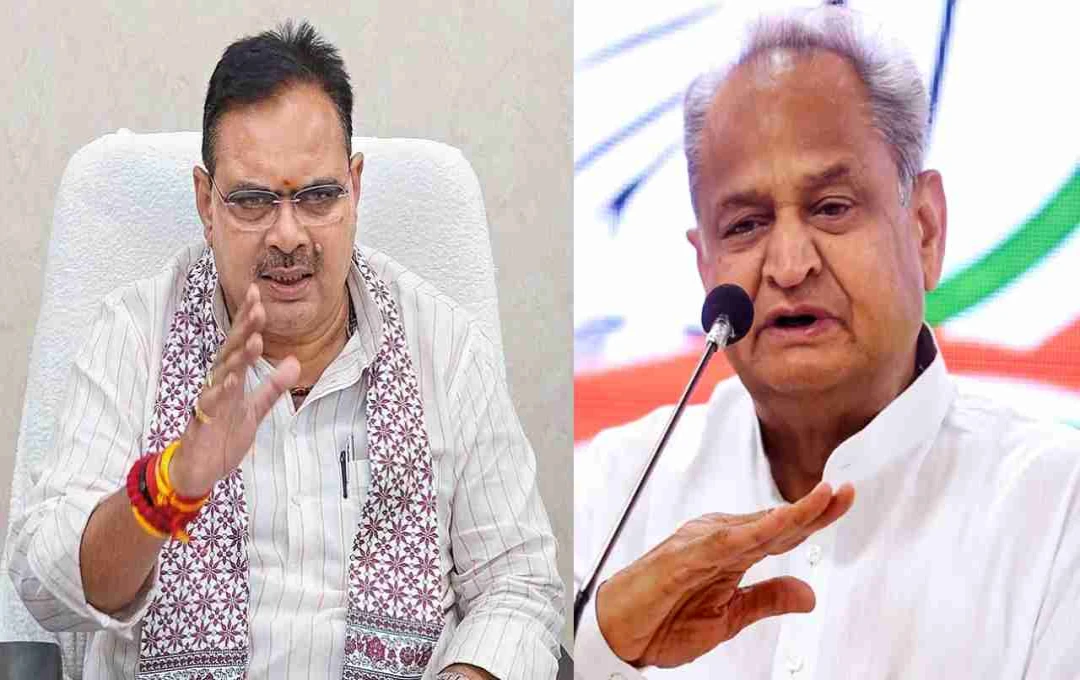The BJP government in Rajasthan, reversing the decision of the Congress government, has merged the two municipal corporations in Jaipur, Jodhpur, and Kota into one each. The number of wards has been reduced to 150, and the municipal elections will be held as before.
Jaipur: The BJP government in Rajasthan has reversed the decision made by the Congress government regarding municipal corporations, opting to have one municipal corporation each in Jaipur, Jodhpur, and Kota, instead of two. Consequently, the number of wards has been reduced to 150. The municipal elections, scheduled for January 2026, will be conducted under this new system.
Changes in the Number of Municipal Corporations
The previous Congress government had established two municipal corporations each in Jaipur, Jodhpur, and Kota over the past five years. In Jaipur, these were named Heritage and Greater Municipal Corporations, with two mayors elected for each. The BJP government has now consolidated them back to one municipal corporation each. This means there will be only one mayor in each of these three cities.
This change will significantly impact the process of municipal elections and the administrative structure. City planning, development work, and financial decisions will now fall under a single municipal corporation. Officials state that this will streamline administrative functions, but political competition is expected to intensify.
Number of Wards Reduced in Jaipur

The Jaipur Municipal Corporation had 91 wards until 2017. Subsequently, the number was increased to 150 following delimitation. The Congress government later carried out a new delimitation, increasing the number of wards to 250. Now, the BJP government has again reduced it to 150.
The urban area will comprise 150 new wards spread across 10 assembly constituencies. These include 22 wards in Vidhyadhar Nagar, 21 in Sanganer, 17 in Adarsh Nagar, 15 in Civil Lines, 15 in Malviya Nagar, 15 in Hawa Mahal, 15 in Jhotwara, 14 in Bagru, 12 in Kishanpole, and 3 in Amer. The municipal elections in January 2026 will be conducted based on this new delimitation.
Reduced Ward Count Presents New Challenges for Leaders
The reduction in the number of wards will increase electoral challenges for local leaders. Many incumbent councillors will need to revise their strategies to contest in the new wards. The competition for the mayoral post will also become more intense.
Previously, the larger number of wards provided opportunities for many young leaders to become councillors, but this time, senior leaders may have an advantage. Political parties will face the challenge of nominating candidates according to the new delimitation and understanding regional dynamics.
New Delimitation to Bring Changes in Electoral Strategy
The new delimitation and the decision to have one municipal corporation each will lead to intense competition in the upcoming elections. Local leaders will need to formulate new electoral strategies. Both the BJP and Congress will now prepare their leaders according to the ward configurations.
Officials indicate that the merger of municipal corporations will reduce administrative expenses but will bring about changes in electoral strategies and political dynamics. The elections proposed for January 2026 will be the first test of this new system.











